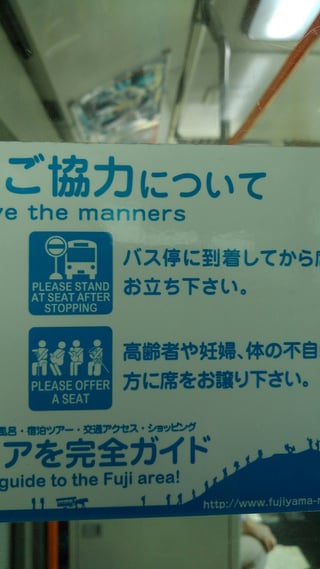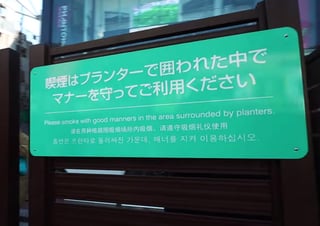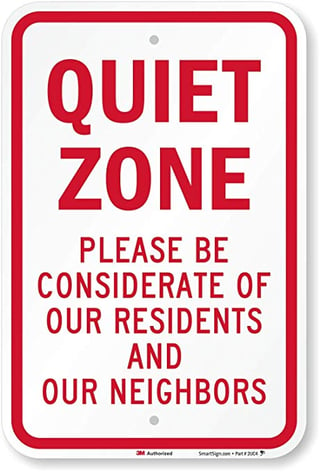A native Japanese.
We are so embarrassed that our English literacy is so low despite the mandatory English study span is 6 years in the shortest.
For example, a guidance of a community bus of one of the wealthiest district of a prefecture says,
Abide by Low.
O.K. How can we abide by Low, man! Correct it to Law right now!
But towards 2020 Tokyo Olympic, the English guidance or announcements are getting improved gradually, but especially in rural areas, there are still many signs with strange English.
For example,
Please notify the train crews if you find unclaimed and suspicious objects or persons
Okay, so if I find someone whose behavior seems to be strange, am I obliged to call the crews?
F::k my country's English.
Hahahaha, An another odd guidance from one of the wealthiest districts. (Many native English speakers live here.)

PLEASE STAND AT SEAT AFTER STOPPING.
So do we need to stand up at the seat every time bus stops?
Did the guidance try to mean "Please stand up from your seat after the bus stops"? Oh..my lovely country always full of harmless and innocent but stupid instruction everywhere lol. (Found today)
Did the guidance try to mean "Please stand up from your seat after the bus stops"? Oh..my lovely country always full of harmless and innocent but stupid instruction everywhere lol. (Found today)
Hahaha, here is an another shot from a Tokyo metropolitan subway.
As the Tokyo Olmpic gets closer, the "announcement" in English is getting improved in rapid pace. But the banner of the central Tokyo subway is still behind the schedule? Even though it looks they are appointing the "professional" English speakers?

Enjoy Tokyo with Good Manners!





